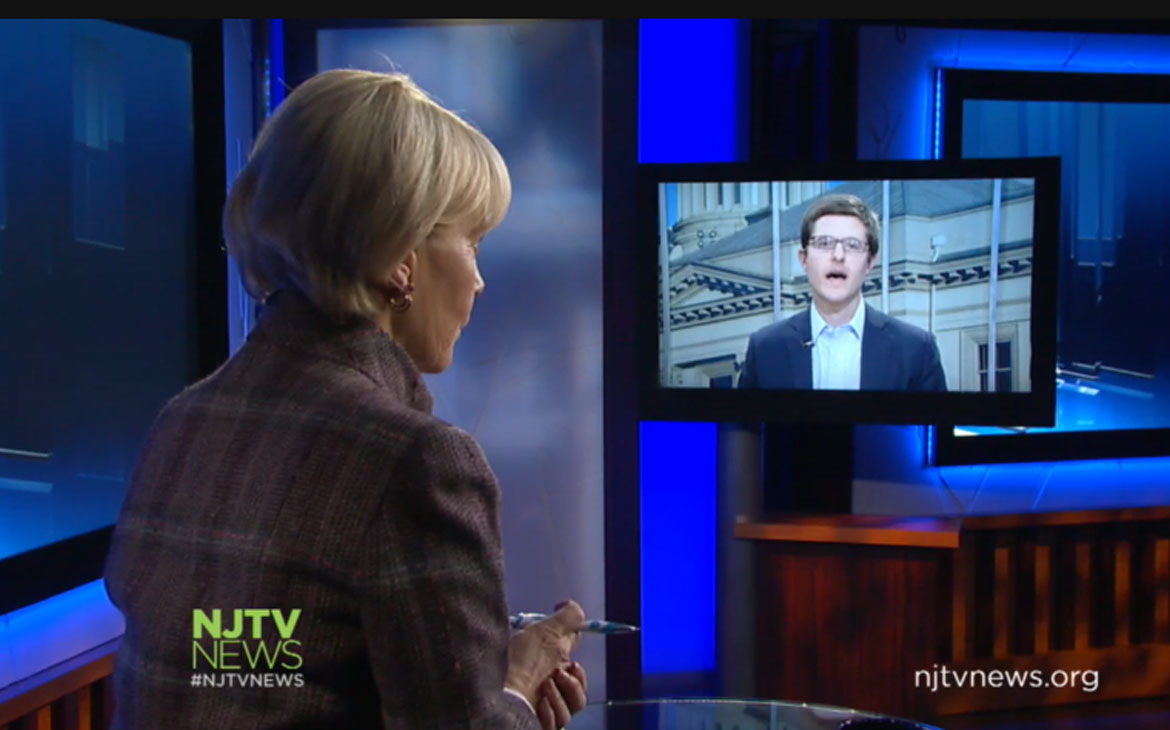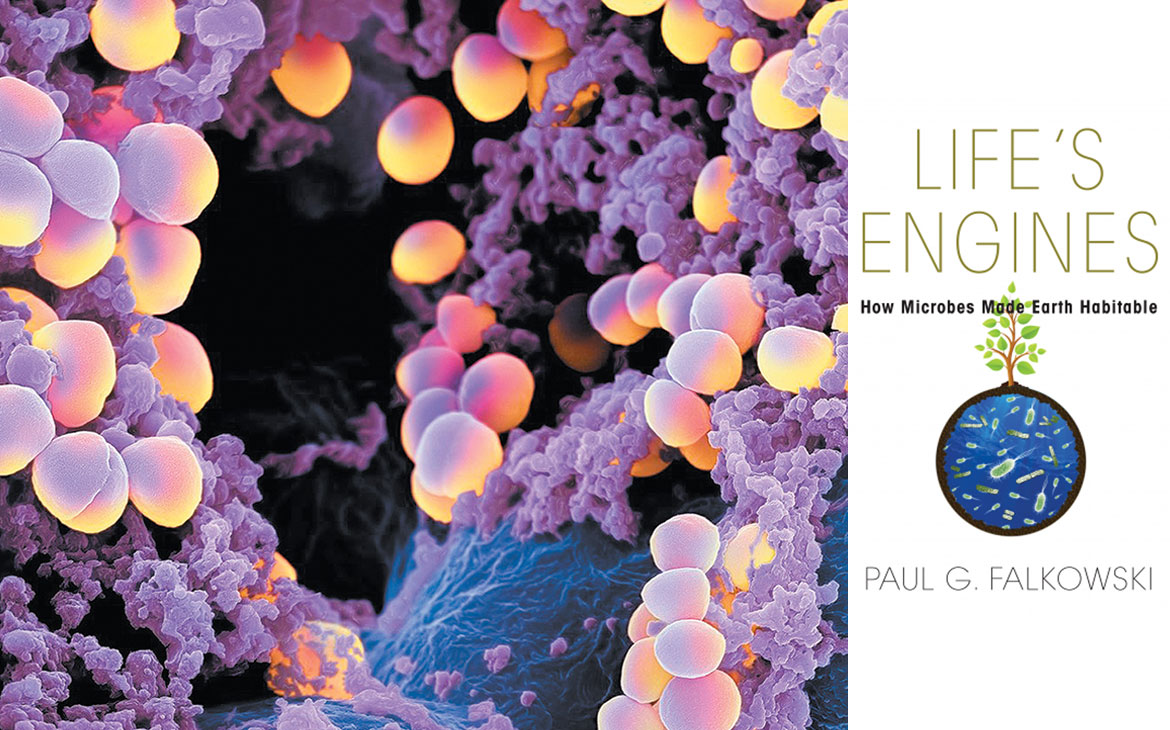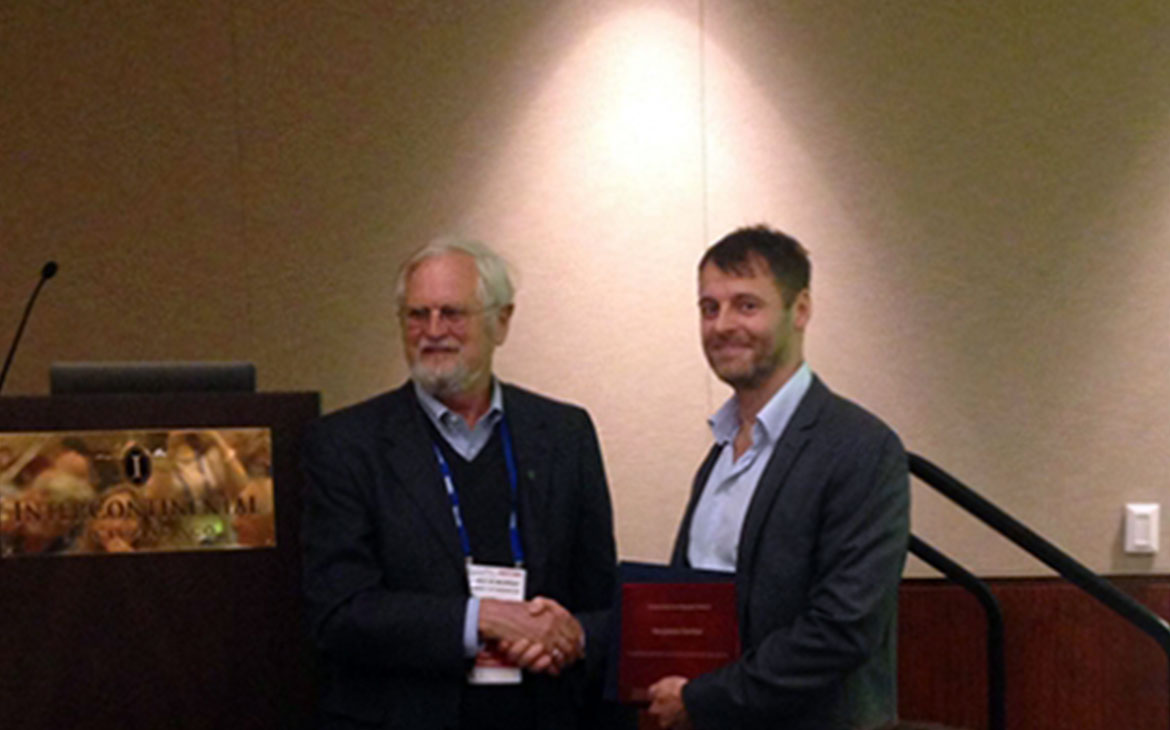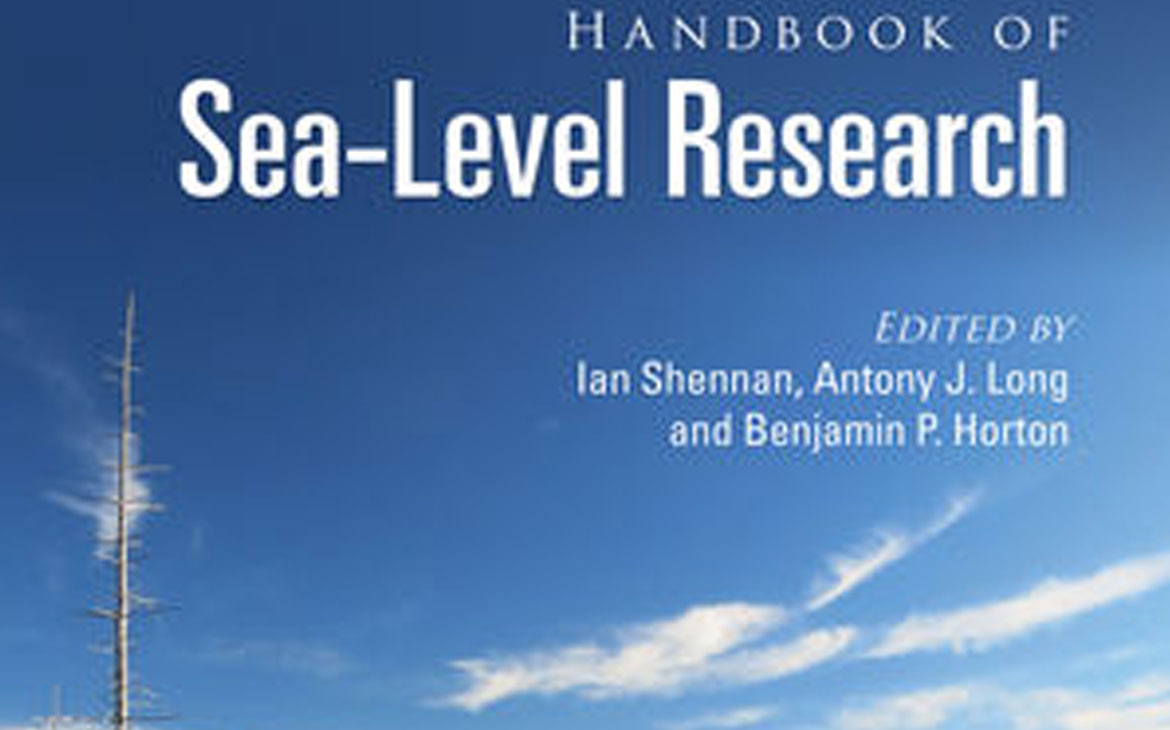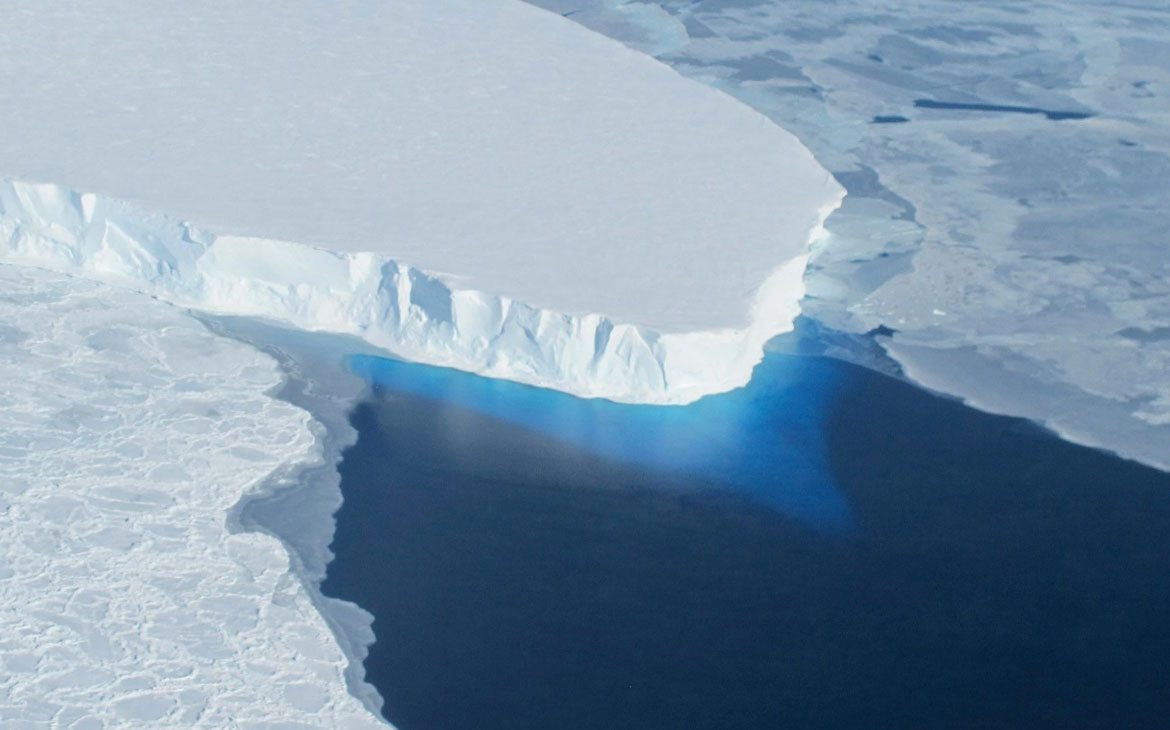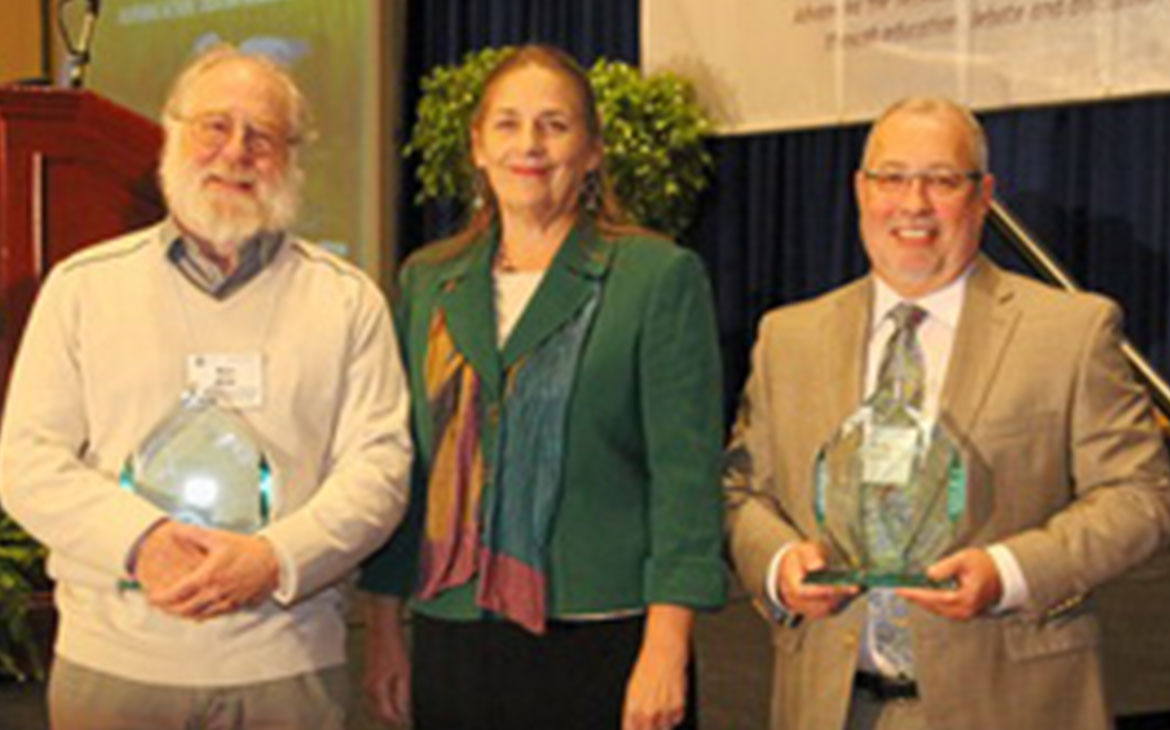Rutgers Marine Biologist: There Are Ways to Reverse Negative Impacts on Ocean Life
“We may be sitting on a precipice of a major extinction event.” That quote from a member of the research team that published “Marine Defaunation: Animal loss in the global…

